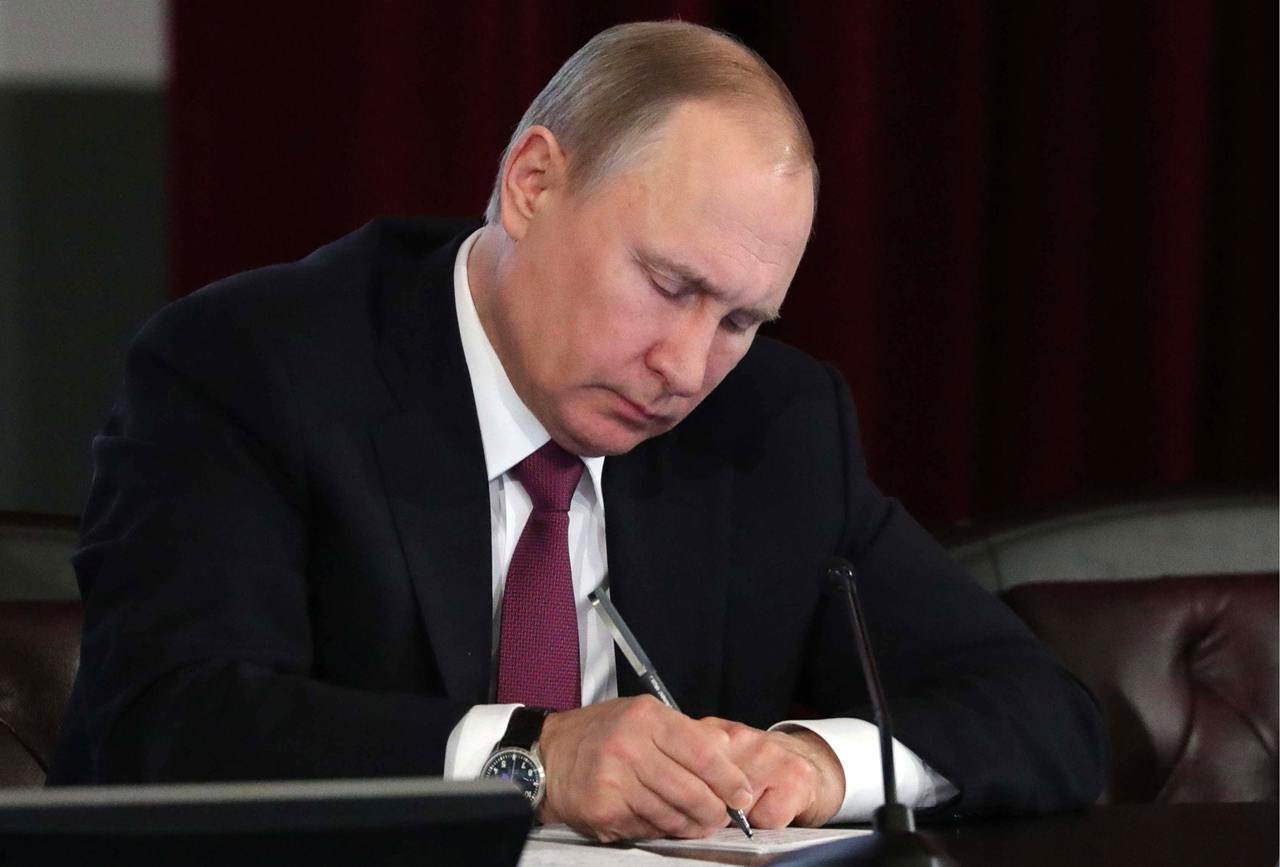Putin Warns of Escalating Strategic Instability, Signals Conditional Compliance with New START Post-2026
Russian President Vladimir Putin has accused the United States and its allies of dismantling the post–Cold War arms control framework, warning that the global system of strategic stability is in active deterioration.
 |
| File Photo: Russia in India |
“Russia is prepared to continue adhering to the central quantitative limitations of the New START Treaty for one year after February 5, 2026,” Putin said. “This is a voluntary measure -- and it will only hold if the United States refrains from steps that undermine the current balance of deterrence.”
The New START Treaty, signed in 2010, is the last remaining nuclear arms control agreement between the world’s two largest nuclear powers.
Its scheduled expiry in February 2026 risks ending decades of bilateral arms limitation unless a successor framework is negotiated -- an outcome Putin now openly doubts under current U.S. policy.
Russia Signals End of Moratorium on Intermediate Missiles
Putin also confirmed that Russia has formally lifted its self-imposed moratorium on deploying land-based intermediate- and shorter-range missiles, blaming U.S. and NATO deployments in Europe and the Asia-Pacific.
“This was a necessary step... prompted by the deployment of similar American and other Western-made weapons near our borders,” Putin said.
Explicit Focus on U.S. Missile Defense and Space Interceptors
The Russian president instructed military and intelligence agencies to monitor U.S. activities, specifically naming strategic offensive arms, missile defense, and preparations for space-based interceptors as destabilizing programs.
“We will proceed from the understanding that the practical implementation of such actions could undermine our efforts to maintain the status quo,” Putin warned. “We will respond accordingly.”
Arms Race Concerns as START Nears Collapse
Putin’s remarks underscore mounting concerns that global nuclear arms control may collapse entirely, with Russia blaming Washington for what it calls “doctrinal destabilization” and technological asymmetry.
He cited the suspension of New START’s implementation in 2023 as fallout from “extremely hostile policies” by the Biden administration.
Still, Moscow is leaving a narrow diplomatic window open -- proposing that the current strategic balance be preserved voluntarily for at least another year to prevent an immediate arms race.
“We are not interested in escalating tensions or fueling the arms race,” Putin claimed, while reiterating that Russia would rely on “military-technical measures” if provoked.
Strategic Messaging Ahead of 2026 Treaty Deadline
The timing of the statement -- less than 18 months before New START's expiration — suggests Russia is laying groundwork to either retain partial arms control under new terms or shift blame should the treaty fully collapse. Putin linked any future dialogue with the U.S. to broader normalization of bilateral relations and the removal of “fundamental contradictions in the area of security.”
Attendees at the Kremlin Security Council Meeting:
-
Prime Minister Mikhail Mishustin
-
Federation Council Chair Valentina Matviyenko
-
State Duma Speaker Vyacheslav Volodin
-
Security Council Deputy Chair Dmitry Medvedev
-
Defense Minister Andrei Belousov
-
Foreign Minister Sergei Lavrov
-
FSB Director Alexander Bortnikov
-
SVR Director Sergei Naryshkin
-
Security Council Secretary Sergei Shoigu
